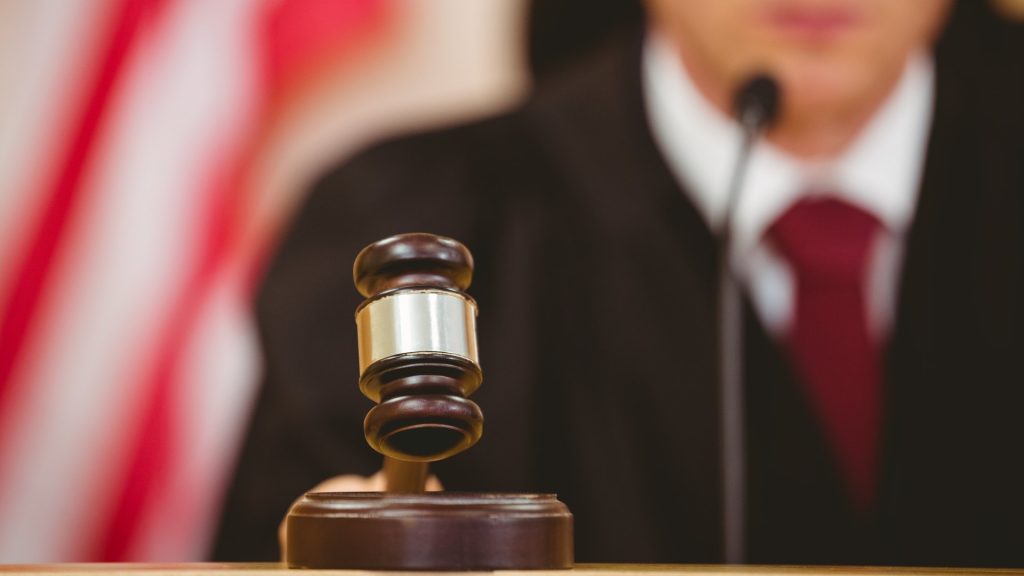Did you know that in Georgia, a defendant is entitled to a bond hearing within 72 hours of arrest? A bond hearing is a court proceeding in which a judge determines whether a defendant, or someone who has been arrested, can be released from jail pending trial and under what conditions.
If you or a loved one has been arrested, the bond hearing is one of the first major steps in the legal process.
Savannah Bond Hearing Attorney Jarrett Maillet states that if you are arrested on a felony or misdemeanor charge, you have the right to post bond or participate in a hearing to determine if bond should be posted and its amount.
During the hearing, the court will evaluate whether you pose a flight risk or a danger to the community. The judge will also consider whether you are likely to intimidate witnesses or obstruct justice if released.
In this article, you will learn what to expect during a bond hearing to help you prepare and make well-informed decisions regarding your case.
Understanding the Purpose of a Bond Hearing
Learn the difference between a bond hearing and a trial. A bond hearing determines whether you can leave custody until your trial.
Your criminal history, risk of flight, and the nature of the charges against you are all considered during a bond hearing. The purpose of the hearing is to evaluate the effects of your potential release on public safety and to guarantee that you appear in court as required.
Bond hearings give the defendant an opportunity to present evidence in support of their release. This evidence may include ties to the community, family, or employment.
The judge determines the bail amount and conditions. Knowing everything about the bond hearing process will greatly impact your ability to assess and improve your situation.
Key Players in the Courtroom
Understanding who is present in the courtroom during a bond hearing can help you handle the process more confidently.
A bond hearing is presided over by the judge, who decides on bail. A state prosecutor may also attend the hearing and contest the defendant’s potential release, particularly if the defendant is deemed a public safety risk or a threat to flight safety.
Your defense attorney is there to fight for your release and present proof and arguments supporting your plea. If necessary, a bondsman may also be present to discuss bail options.
In some cases, victims or witnesses are present and given the opportunity to voice their concerns.
During a bond hearing, the judge will consider several factors to determine whether to grant bail and the amount. These factors include the severity of the alleged crime, the defendant’s criminal history, and their ties to the community. If bail is granted, the defendant or their family may seek the assistance of a Person County bondsman to post bail. This professional can help navigate the complexities of the bail process, ensuring that the defendant can be released from custody while awaiting trial. It’s important to understand the conditions set by the court to avoid any potential violations that could lead to re-arrest.
Typical Procedures During the Hearing
A bond hearing follows a very particular format to facilitate the process.
The judge will begin the session by calling the case number and confirming your identity. Your attorney’s argument will likely focus on highlighting your positive character and strong community ties, showing that you are unlikely to commit any further crimes or flee before your trial.
The judge would then request clarity on certain matters at the conclusion of both parties’ presentations.
After the presentation of arguments by a prosecutor, the court would then decide the issue of bail. Stay calm and polite at that time since your behavior will shape the judge’s view of you.
If the bond hearing is successful, the terms of the bonds will be explained to you.
Factors Influencing the Judge’s Decision
Many elements might affect the judge’s ruling at a bond hearing. The outcome of your hearing is usually heavily influenced by your criminal history, the gravity of the charges brought against you, and your community ties.
Your past conviction for comparable offenses might count against you. Serious felonies usually have more severe bond terms.
Displaying strong community ties, such as stable employment, family support, or involvement in local organizations, will help to persuade the judge that you will not avoid your legal obligations.
The effect of your release on society will be taken into account and will influence the judge’s decision.
Possible Outcomes of a Bond Hearing
There are several possible results of a bond hearing. The court may allow bail for your release from custody during the trial period. If you are successfully granted bail, the judge would set rules including travel limits or frequent check-ins.
Should the judge refuse bail, you would stay in jail until your trial. There are some cases where the judge refuses bail but sets a large bond, complicating your release.
A judge can grant temporary bail, which allows you to have some freedom for a limited time under certain conditions. Understanding these potential results will help you prepare for the next stage of the legal procedure.


